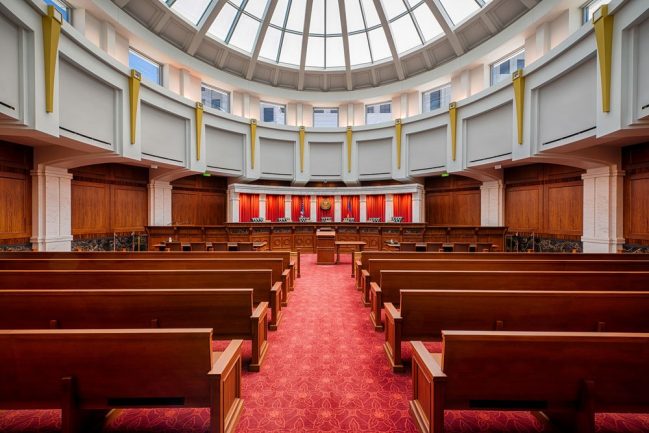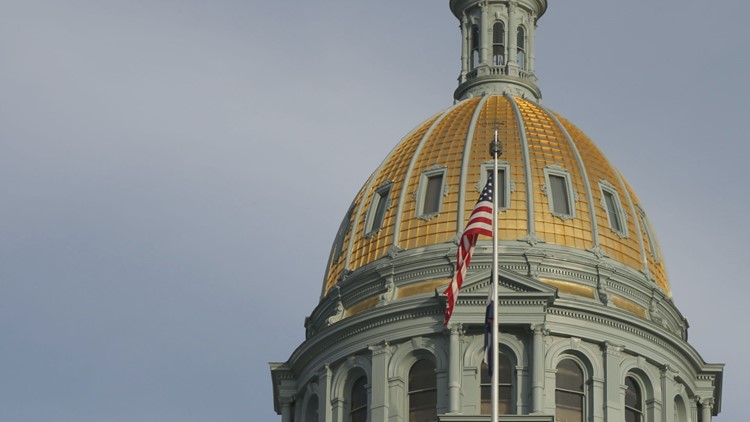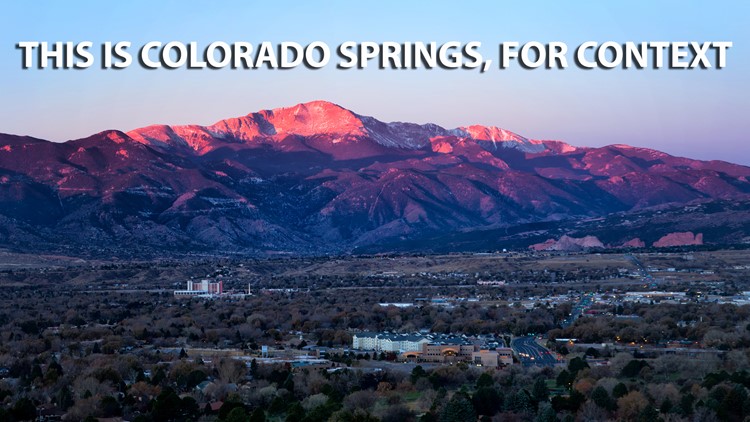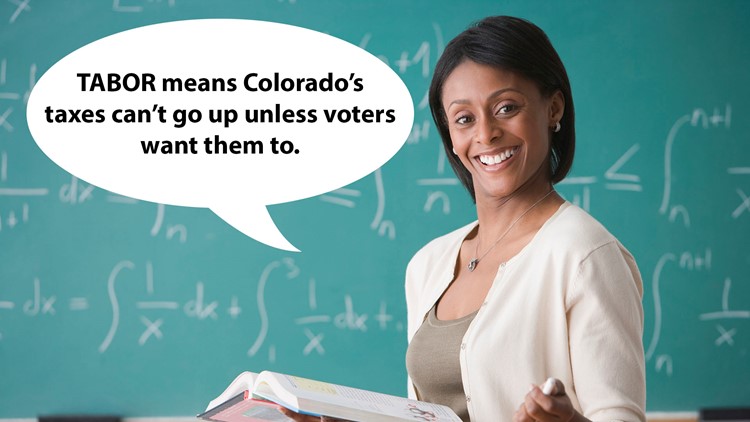Most Coloradans aren’t getting a TABOR tax refund – for now – according to latest revenue forecast
The state collected $37.5 million more than it’s allowed under TABOR
Most Coloradans won’t get a TABOR tax refund next spring even though the state collected millions more dollars than it’s allowed to keep, according to the quarterly revenue forecast presented to lawmakers Thursday.
The Taxpayer Bill of Rights, or TABOR, limits how much money Colorado can collect from residents each year. Whatever comes in above the limit has to go back to the people. And for the fiscal year that ended in June, that’s a total of about $37 million.
However, a 2017 law requires the first refunds go to the state-administered senior homestead exemption and disabled veterans property tax exemption before they go to everyone else.
Exceeding the TABOR limit is a sign of the Colorado economy’s continued growth — even beyond the expectations of just a few months ago. In the last quarterly report, in June, state forecasters thought revenue would come in under the TABOR cap by $93 million.
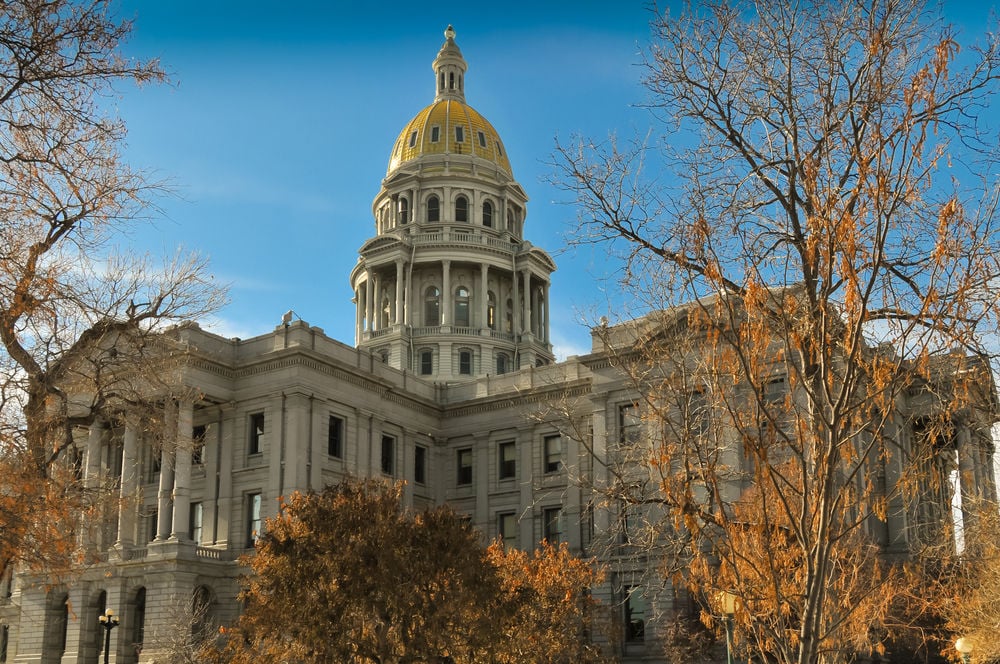
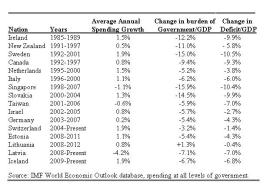



 Editor’s Note: Denver7 360 stories explore multiple sides of the topics that matter most to Coloradans, bringing in different perspectives so you can make up your own mind about the issues. To comment on this or other 360 stories, email us at
Editor’s Note: Denver7 360 stories explore multiple sides of the topics that matter most to Coloradans, bringing in different perspectives so you can make up your own mind about the issues. To comment on this or other 360 stories, email us at 